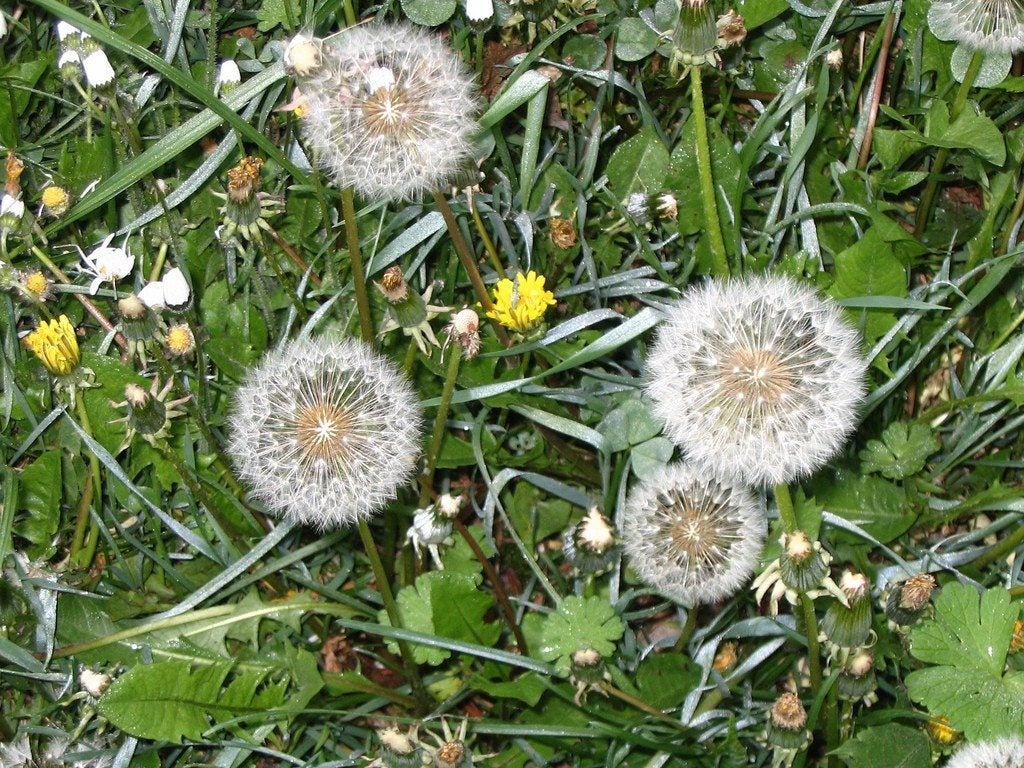What Weeds Tell About Your Landscape


Ralph Waldo Emerson said that weeds are simply plants whose virtues have not yet been discovered. Unfortunately, it may be difficult to appreciate the virtues of weeds when the pesky plants are getting the upper hand in your garden or flower bed. It’s true though, that getting familiar with weeds can help you improve growing conditions in your garden. So what do weeds tell you about your soil? Read on to learn about weed soil indicators and soil conditions for weeds.
Soil Conditions for Weeds Growing in Your Garden
Several weeds like different growing conditions and are not strictly limited to one certain soil type. Here are the most common soil conditions for weeds: Alkaline soil – Soil with a pH higher than 7.0 is considered to be alkaline, also known as “sweet” soil. Soil in dry desert climates tends to be highly alkaline. Plants common in alkaline soil include:
Sulphur is often the solution for highly alkaline soil. Acidic soil – Acidic, or “sour” soil, occurs when soil pH is below 7.0. Acidic soil is common in the Pacific Northwest and other rainy climates. Weed soil indicators for acidic conditions include:
Lime, oyster shells, or wood ashes are often used to remediate acidic soil. Clay soil – Weeds are actually beneficial in clay soil because the long roots create spaces for water and air to penetrate the soil. Weeds often found in clay soil, which tends to be highly alkaline, include:
Changing clay soil is difficult and attempting to improve conditions can make matters worse. However, amendments of coarse sand and compost may help. Sandy soil – Sandy soil is lightweight and easy to work with, but because it drains so quickly, it does a poor job of retaining water and nutrients. Digging in compost or other organic material, such as leaves, straw, or shredded bark, can improve fertility and increase the soil’s capacity to hold water and nutrients. Weed soil indicators for sandy soil include:
Compacted soil – Also known as hardpan, heavily compacted soil may be the result of excessive foot or vehicle traffic, especially when the ground is wet. Generous amounts of compost, leaves, manure or other organic material can improve soil texture and increase oxygen levels. Weed soil types that grow in rock-hard ground include:
Gardening tips, videos, info and more delivered right to your inbox!
Sign up for the Gardening Know How newsletter today and receive a free copy of our e-book "How to Grow Delicious Tomatoes".

A Credentialed Garden Writer, Mary H. Dyer was with Gardening Know How in the very beginning, publishing articles as early as 2007.
-
 Looking For Plants To Give You The Soft And Fuzzies? Try These 5 Fuzzy Leaf Plant Options
Looking For Plants To Give You The Soft And Fuzzies? Try These 5 Fuzzy Leaf Plant OptionsLovers of texture, drama, silver foliage and tactile plants will adore these special sensory garden additions. These fuzzy leaf plant options will leave you all aglow
By Susan Albert
-
 Get Ready For A Summer Of Hummers! Grow These Full Sun Hummingbird Plants and Flowers
Get Ready For A Summer Of Hummers! Grow These Full Sun Hummingbird Plants and FlowersIf you’re lucky enough to enjoy a sunny backyard, make sure you are maxing out on your pollinator opportunities and grow these full sun hummingbird plants and flowers
By Tonya Barnett